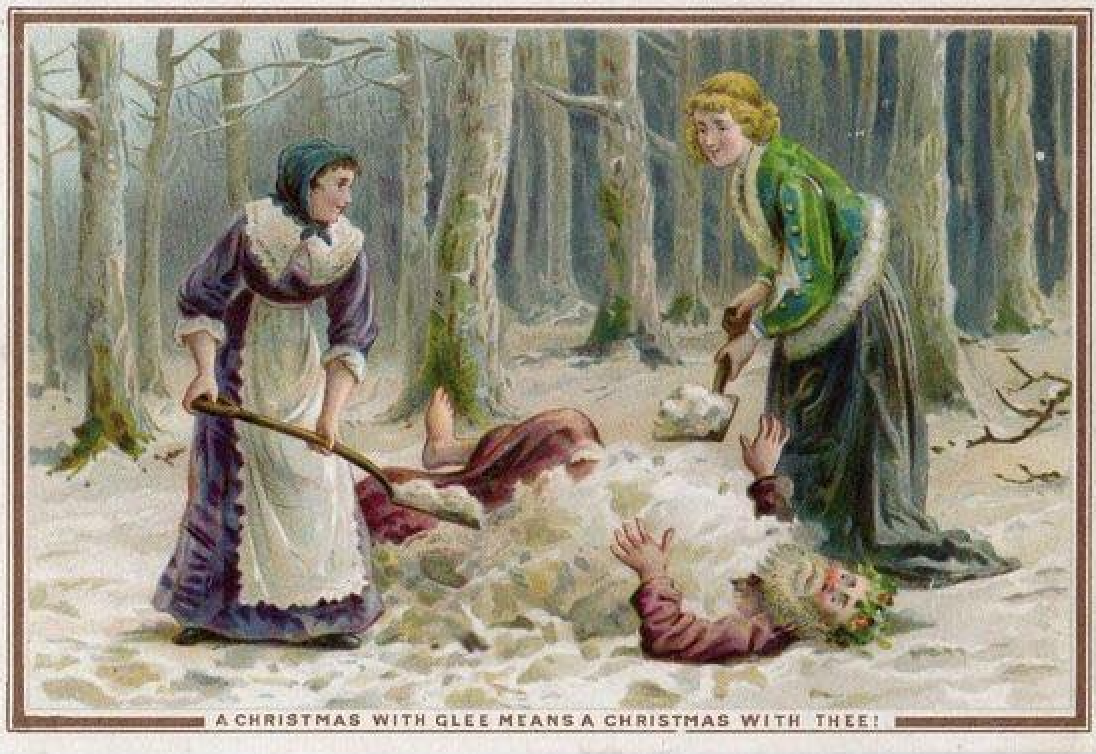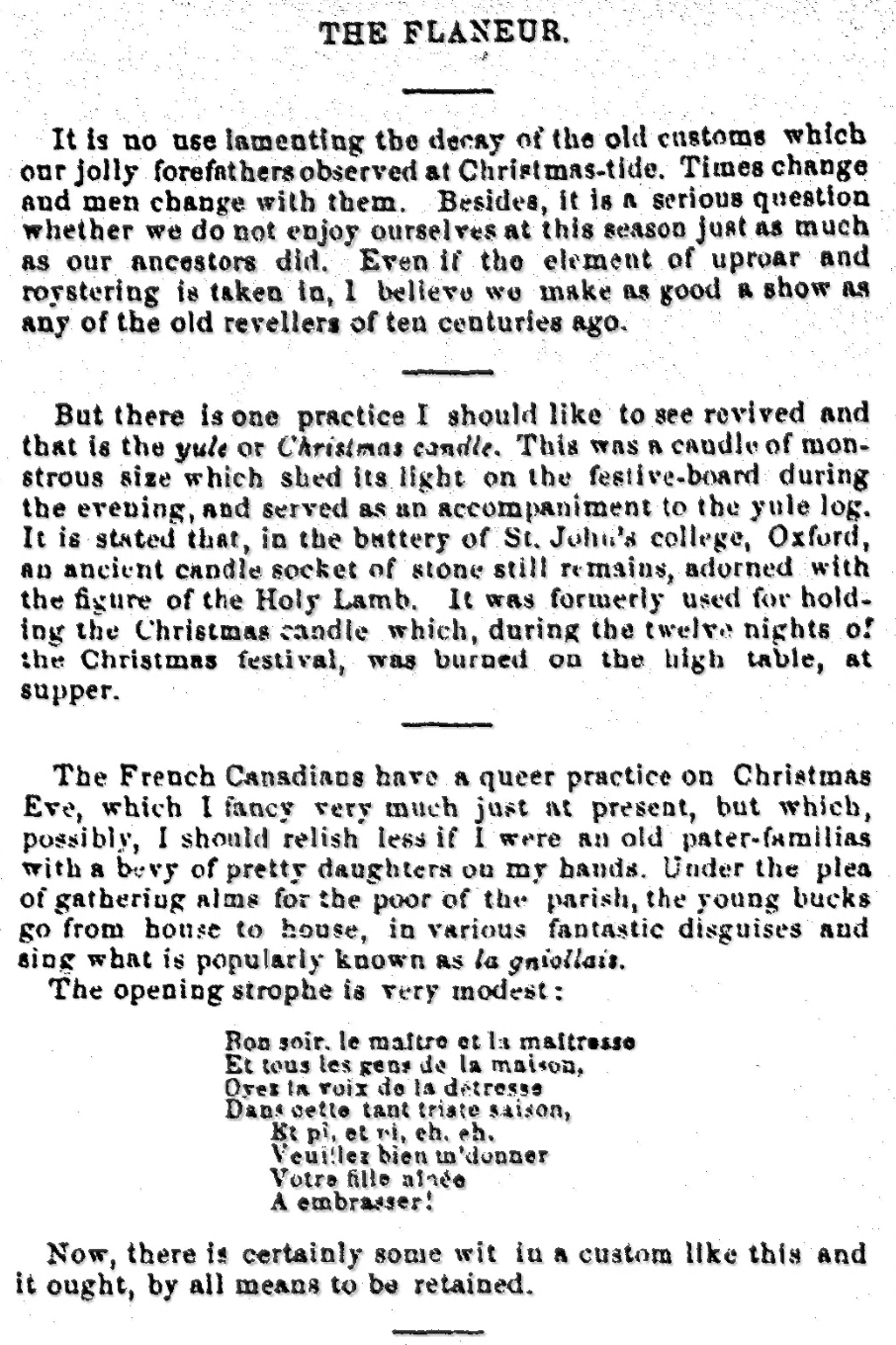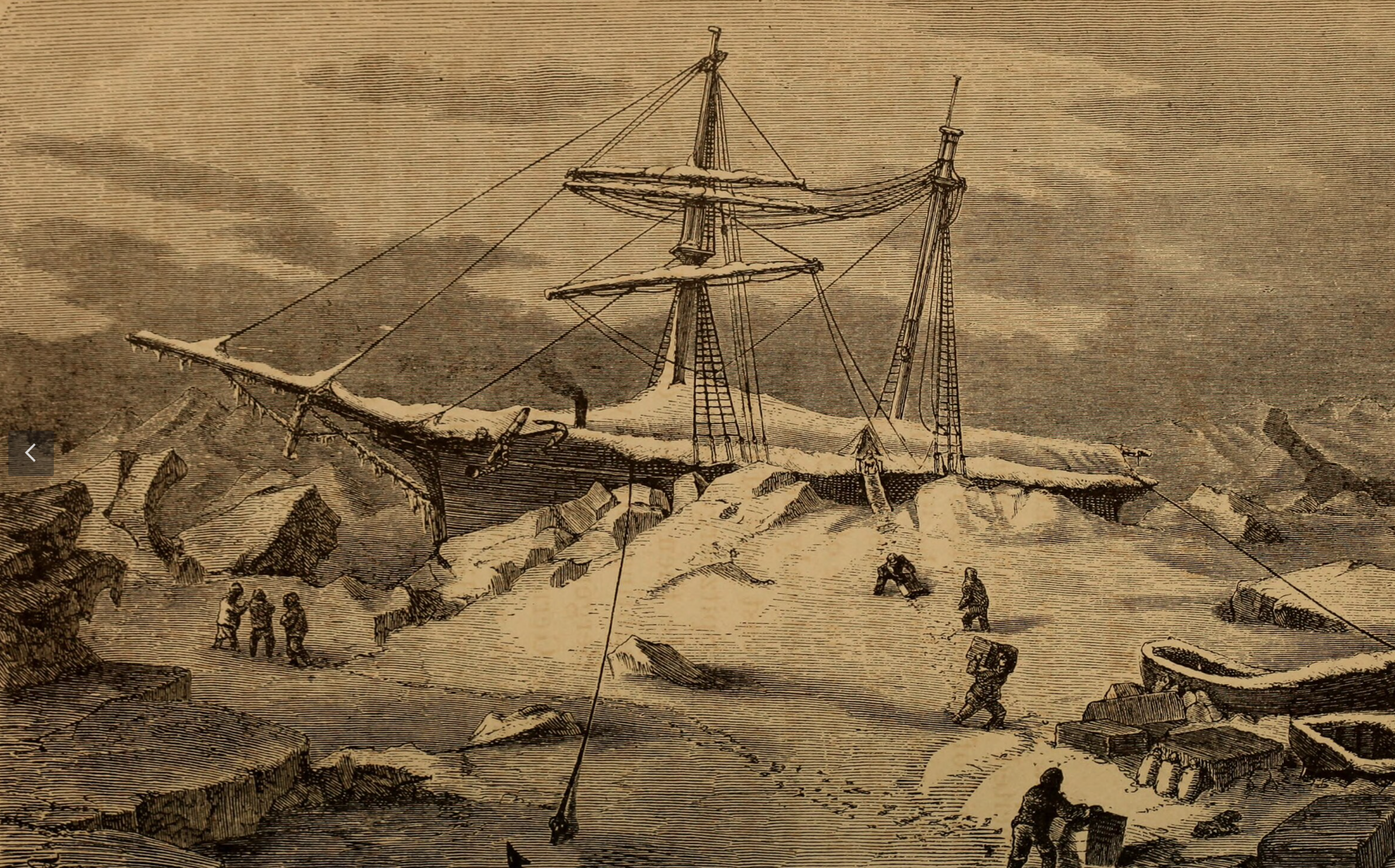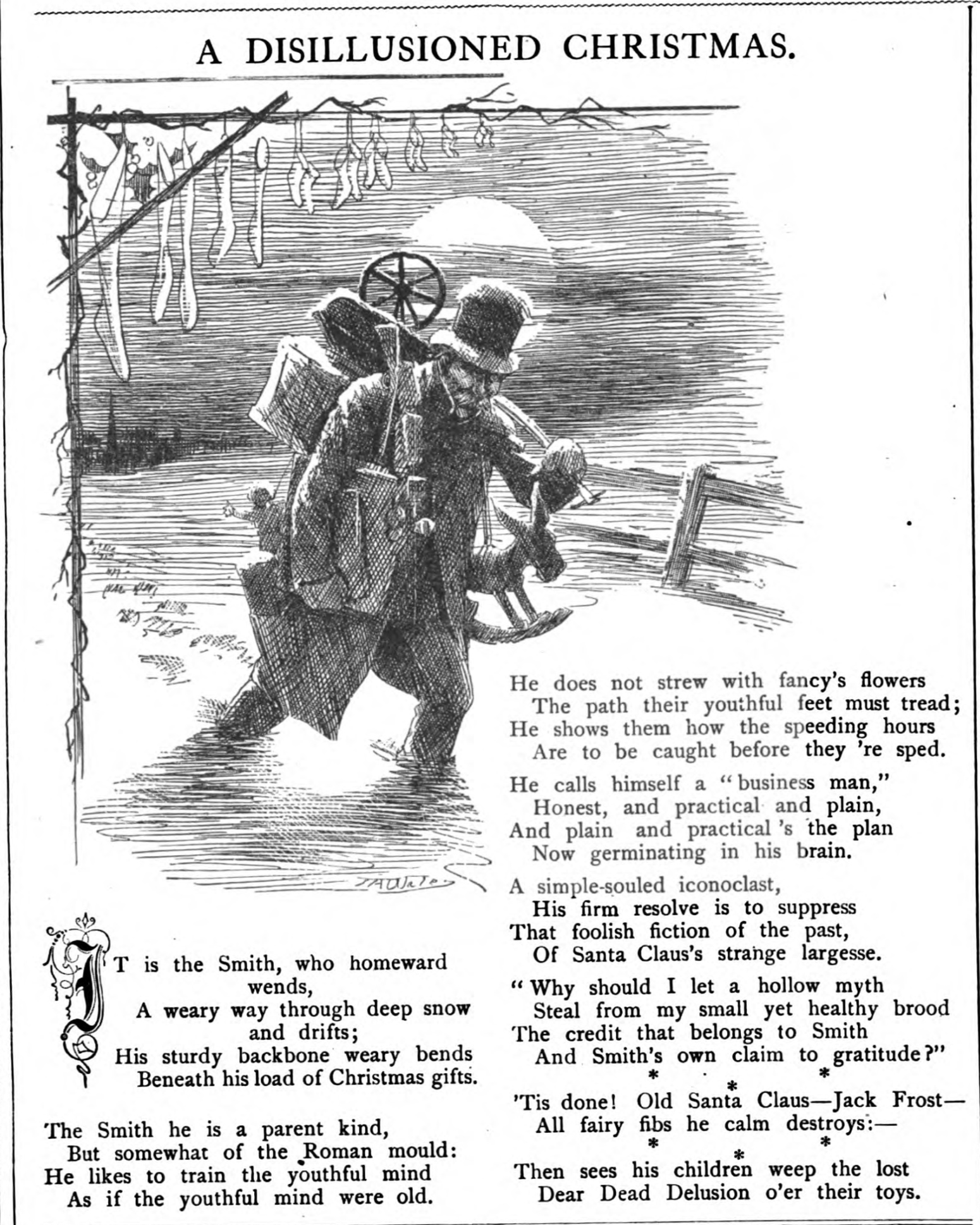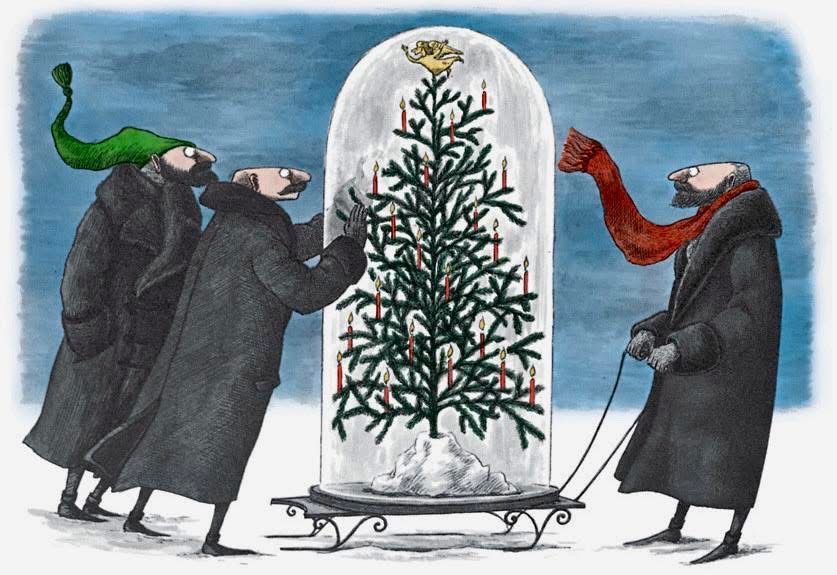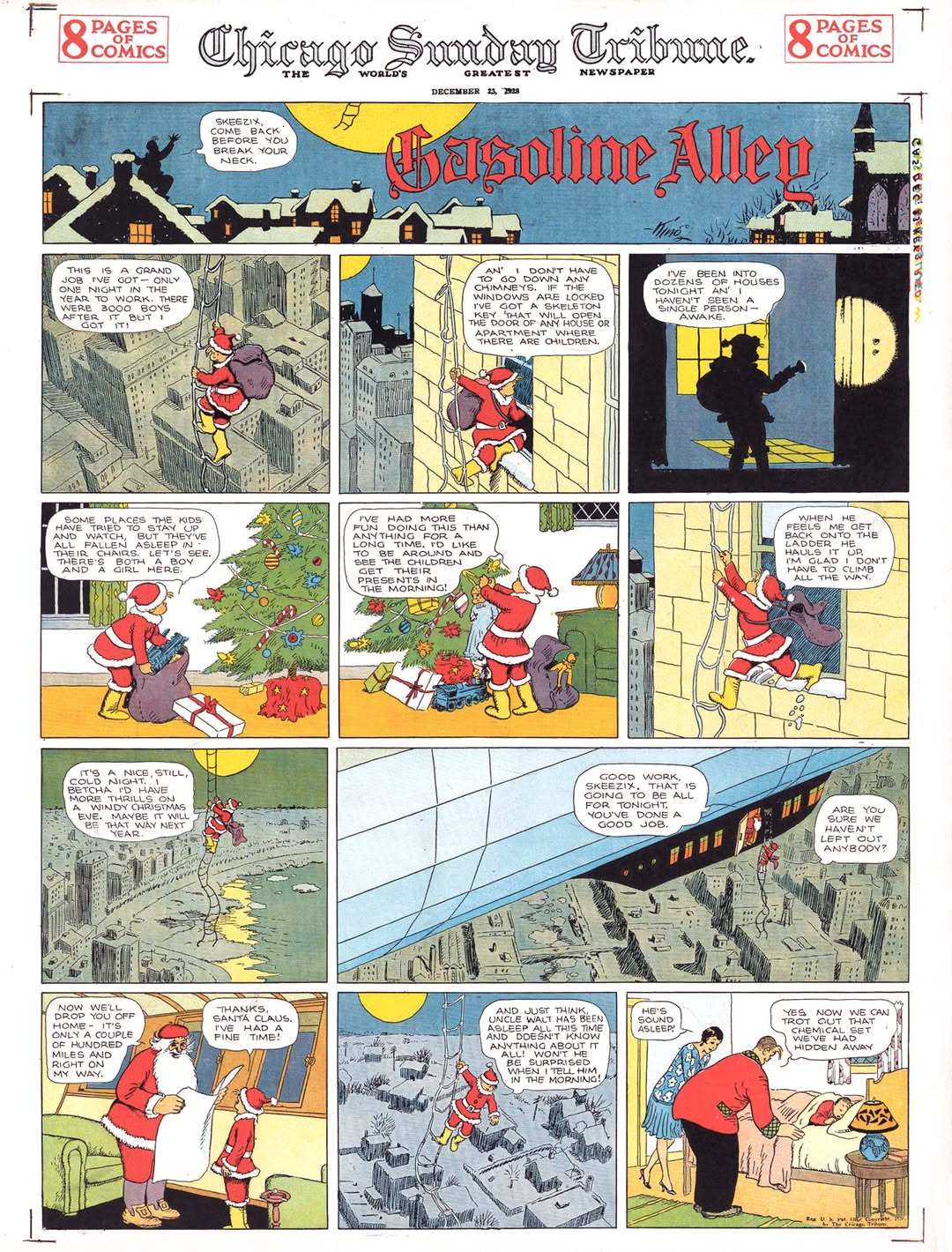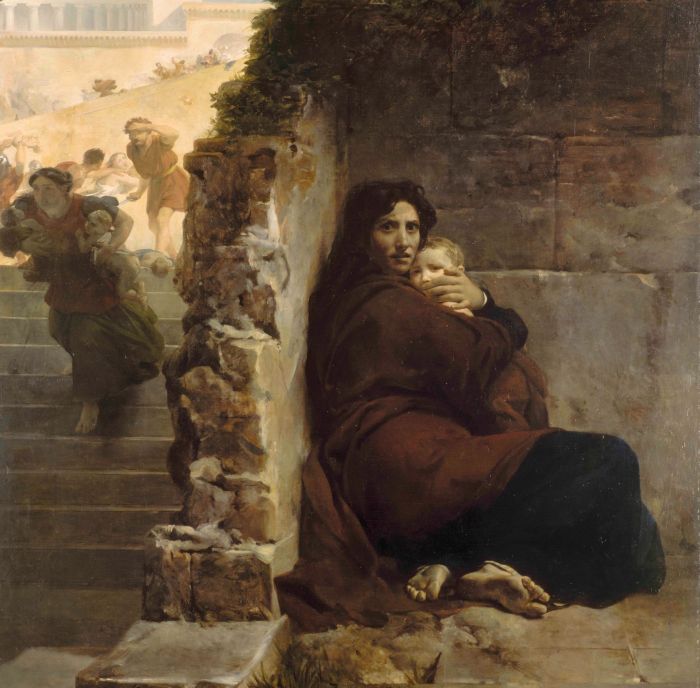In 1993, a pact of friendship was signed between Saint Martin, Saint Nicholas and Father Christmas to help Belgian parents sort out the confusion between the Gift-Bringers that there children would encounter.
We, the undersigned,
Martinus of Tours, also known as Saint Martin, living in various places in Heaven and on Earth;
Nicolas of Myra, also known as Saint Nicholas, living in Spain and various other places in Heaven and on Earth;
Father Christmas, also known as Santa Claus, living in the Arctic region;
Acknowledge each other’s traditions and popular customs as patron saints of children in wintertime;
Express our concern over current abuses violating the essence of our traditions and posing a threat to their continued existence;
Call on parents, tradespeople, associations, public authorities and agencies and all persons who appeal to us henceforth to comply with the following three guidelines:
- Solemn entries, receptions, processions, celebrations etc. must not be held too far in advance of the actual saint’s day. Each of us is entitled to his festive season. Therefore, Saint Martin may be celebrated before and until November 11, Saint Nicholas from November 12 to December 6, and Father Christmas from December 7 to 25. We disapprove of more than one solemn entry of the same Giver in any town or city.
- All events must be child-oriented. Meetings with children should be small-scale. We categorically reject any form of ‘assembly-line’ approach on the part of any of us. A child-oriented approach also implies bringing encouragement and reward rather than punishment and intimidation. This also applies to Black Peter and other attendants attesting to our dignity.
- The primary value we undertake to bring to children is the realisation that they can and must share with and give to those who are less well-off, without expecting any benefit in return. We pledge to set the example. This value is diametrically opposed to the greed and consumer wastefulness which some unjustly associate with our feasts.
Signed in Brussels , November 17, 1993
